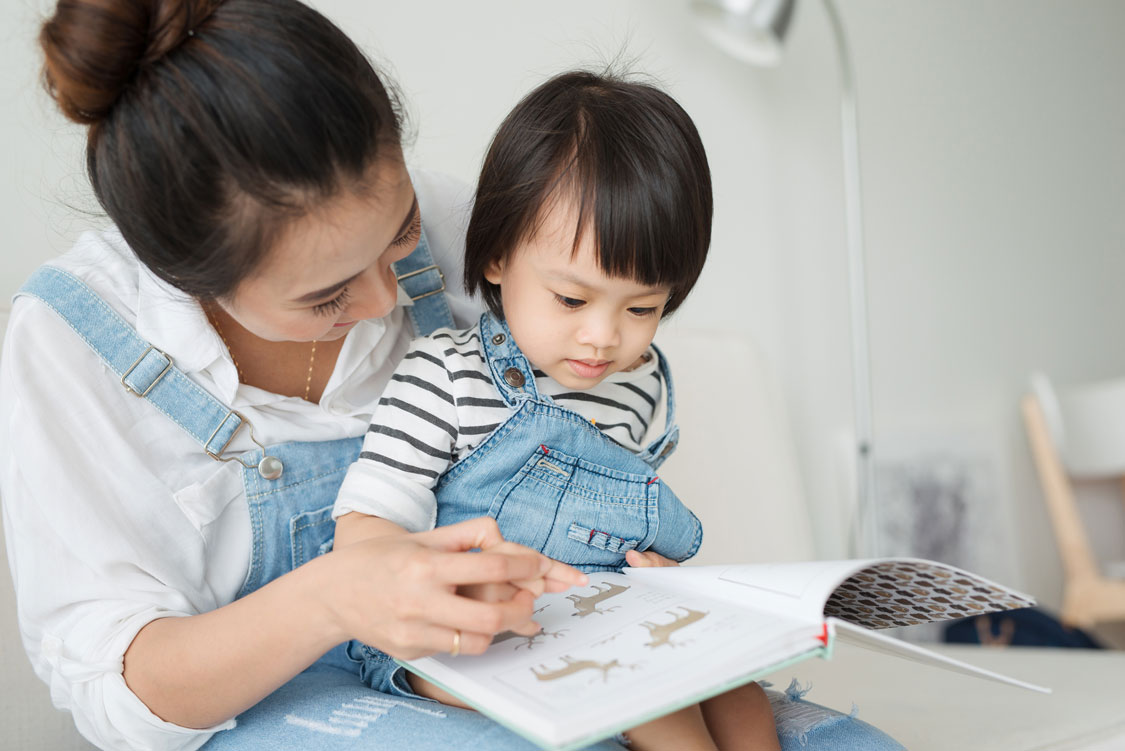Coping with Tough Moments
From taking first steps to drinking from a cup, learning how to navigate the world can come with challenges! When tears or frustration arise, help your child handle these feelings by practicing some basic coping skills. As your little one grows and is better able to cope with challenging situations, they will become resilient and be more prepared to handle other difficult ones in the future and will be more likely to bounce back from setbacks.
For more information about Problem Solving, click here.
Life with a toddler can be a rollercoaster!
Help your child develop Grit, which is the ability keep going during tough times, to build resilience and be ready to take on life’s challenges.
- Although there are lots of things that your child can’t do without you, there are tons of opportunities for them to start practicing age-appropriate tasks on their own.
- Let your two-year-old pick out their own clothes and practice dressing themselves. When they get stuck in their shirt, put their pants on inside out, or can’t get their shoe on, resist the urge to swoop in and do it for them. Remind them that they are doing a great job and encourage them to keep trying.
Recognize their limits! There will be times when no amount of cheerleading will help your little one to calm down and try again.

Stay calm! It’s completely natural to feel overwhelmed and ready to scream yourself, but much of how your little one learns to cope comes from how you respond to them when they are upset. Be a model for your toddler by taking a deep breath and speaking calmly.

Have your little one “take space.” If your toddler becomes frustrated with a task, and their coping skills just aren’t cutting it, remove them from the situation for a few minutes to give their body a chance to calm down. Let them know that once they’re calm enough to try again, you will be there to support them.

Revisit what was upsetting your child after they have calmed down. Help them find the words to describe their feelings and brainstorm ways that they can cope better in the future.

